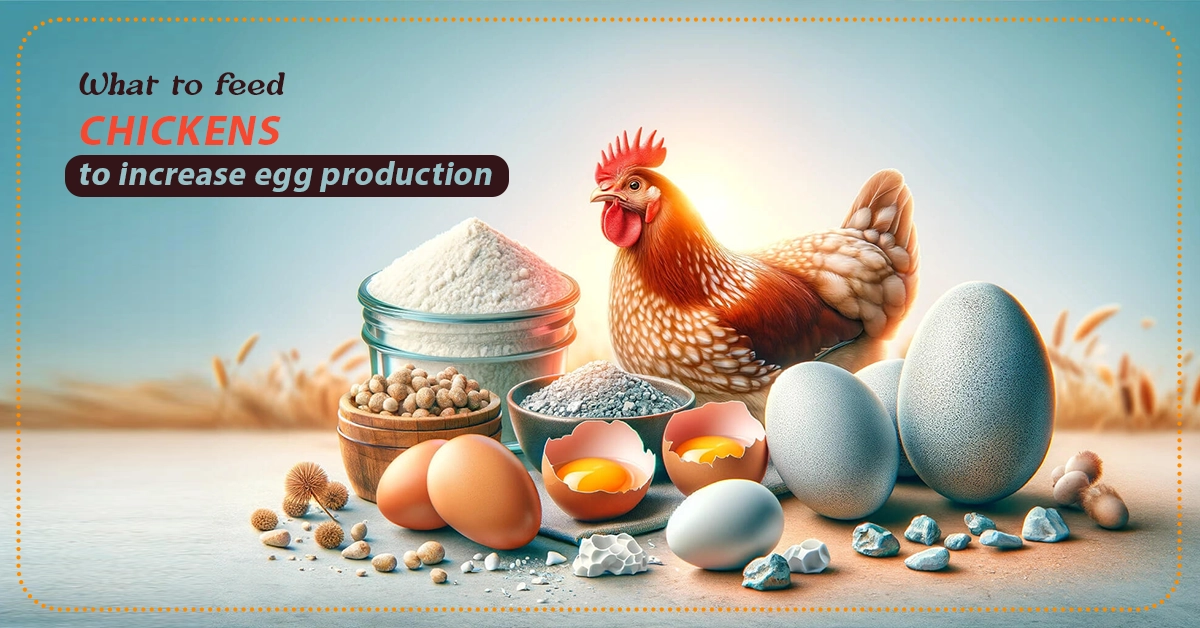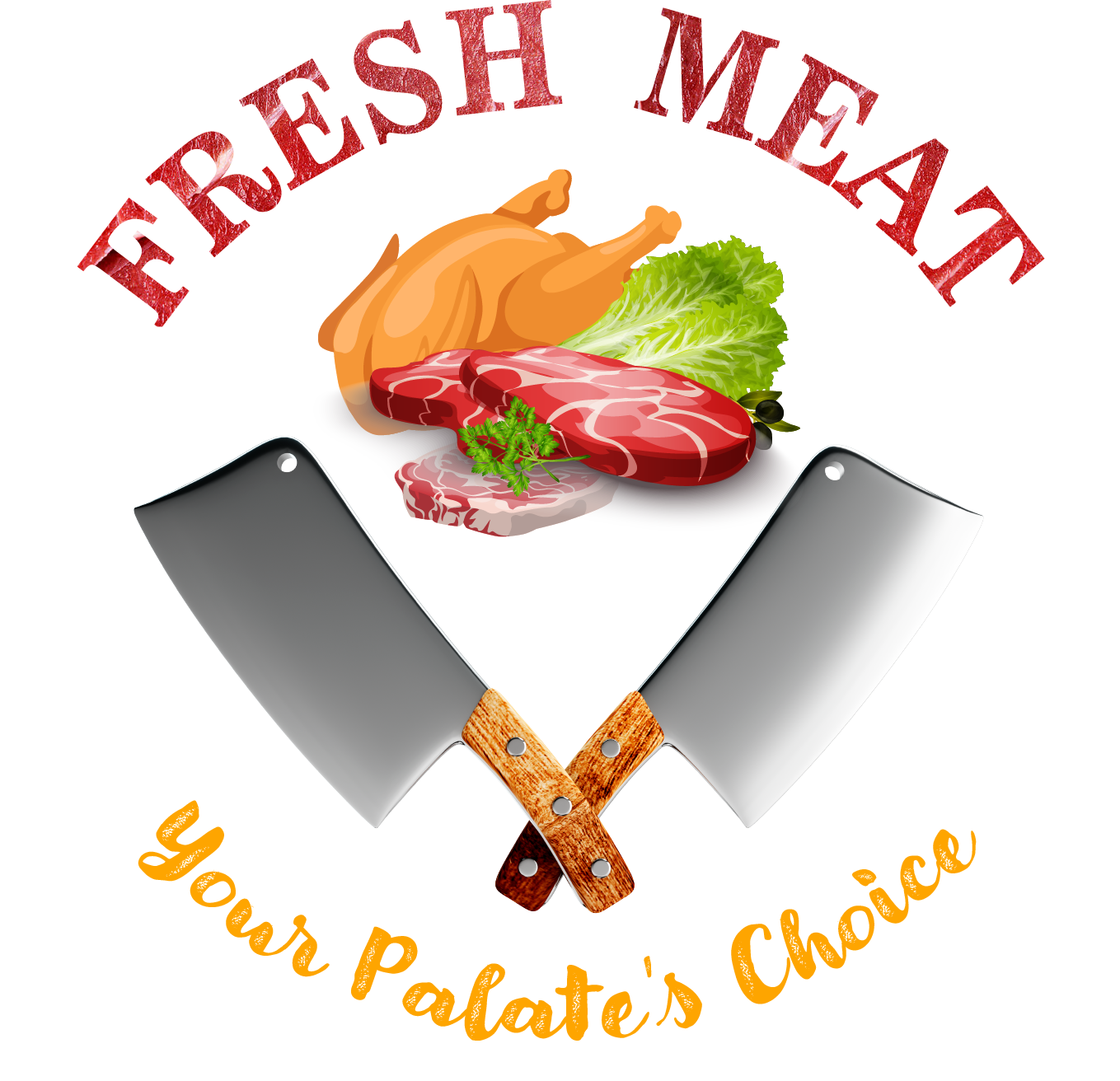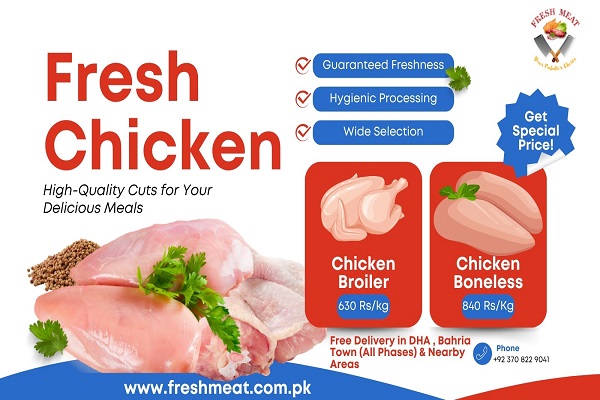
Feeding chickens a properly nutritious diet for healthy chickens and quality eggs is important. According to the Dietary Guidelines for Raising Poultry, laying hens need protein and calcium from sources such as grain, and soybean meal for better-quality eggs. Some natural ingredients that help increase chicken egg production include; Vegetables, edible insects such as worms, and items such as oyster shells. If you are concerned about what to feed your chickens to produce more eggs, all you need is fresh water, a variety of grains, and a specially formulated layer diet.
High-Quality Layer Feed
An advanced and quality layered feed is the foundation of an efficient and healthy poultry feeding system. Chicken feed is of the highest priority to provide the nutrients necessary for healthy grain production. It has the right amount of protein necessary to consistently maintain healthy chicken and eggs.
Protein is an important nutrient for chickens as it supports egg production and growth. Look for layer feed that contains 16-18% protein. Insufficient protein can lead to reduced egg production and poor hen health.
Calcium is an important component in forming the hard and strong helix that is eggshell. Layer feed should account for 3.5-4% of the total layer feed. Low calcium levels can therefore result in thin-shelled or even oedematous or cracked eggs. Supplements also contain calcium from other sources such as crushed oyster shells or limestone.
Grains and Seeds
Corn, wheat, and oats are the best grains you should feed your chickens as part of their feed. These grains are a source of essential protein that chickens need to function. Maize is particularly enriched because it has a high energy value. Wheat is valued for its fibre content. Barley and oats are good for their digestion and provide more variety in what they eat.
Greens and Vegetables
Chicks love vegetables so adding fresh vegetables to the chicken’s diet is beneficial since it helps to enhance the diet and boosts production. Consuming raw foods like bananas, spinach, lettuce or carrots, cucumbers, and squash is recommended. Vegetables contain all the vitamins necessary for the body and antioxidants which help with health and enhance the production rates of eggs. It helps that they are not just a source of nutrients necessary for chicken production but also keeps the chicken on its toes.
Protein Supplements
Although layer feed contains sufficient protein, feed producers must find other sources of protein that will significantly improve laying rates. Options to consider include:
Mealworms: A very rich and excellent source of protein which is preferred by chickens.
Black soldier fly larvae: A good source of protein and contains essential fats that promote health in the body.
Scrambled Eggs: Nutritionally hard-boiled eggs are a good food that is safe to give chickens extra protein.
Adding these protein sources will benefit your flock by providing better health and productivity for your hens and better egg quality from healthy hens.
Calcium Sources
To boost and maintain the formation of tough layers on the hen’s eggs, make sure the hens are fed on foods rich in calcium. Consider these options:
Oyster Shells: Another good and quite common form of added calcium is calcium carbonate derived from crushed oyster shells.
Crushed Eggshells: Producers can feed their birds with cleaned and crushed eggshells from the poultry’s eggs which makes it a cheap and more natural calcium supplement.
Feeding these supplements assists in improving the general health of your hens in the process of producing strong and quality eggs.
Grit and Sand
Chickens need constant access to small stones or sand, also known as grit, because they help them digest their food well. This part serves to grind grains and seeds in their gizzard, with the idea of improving the digestion or absorption of nutrients. If your chickens don't free-range, make sure the birds have access to a constant supply of fat. The downside of fat is that it can cause digestive problems for them, which is not good for their health or their eggs.


